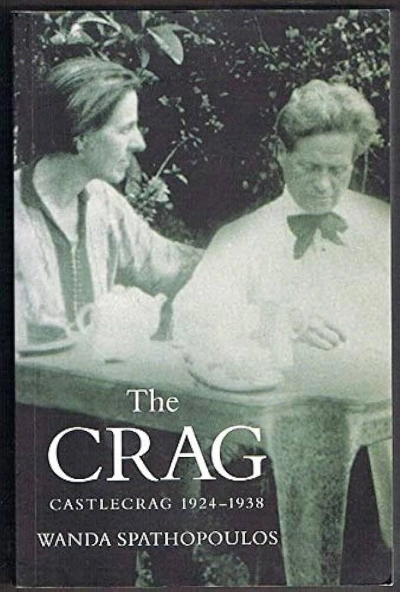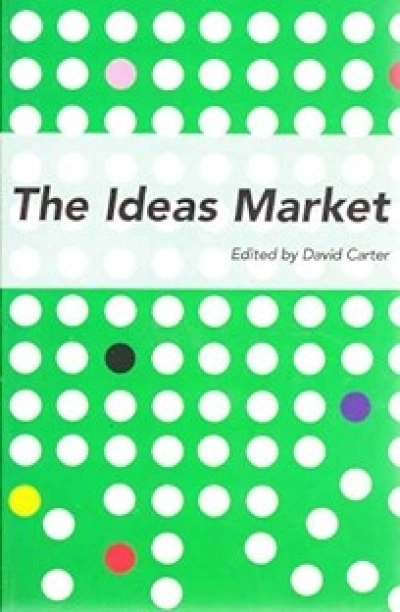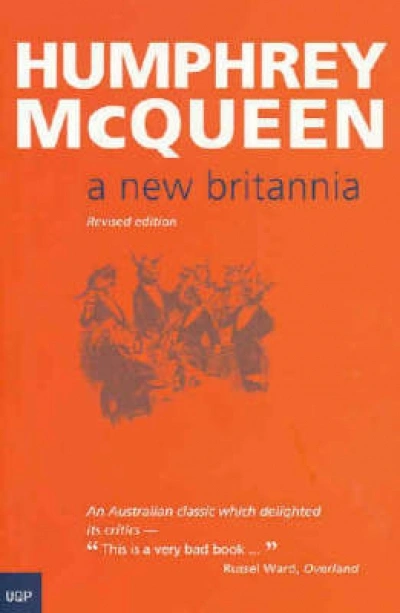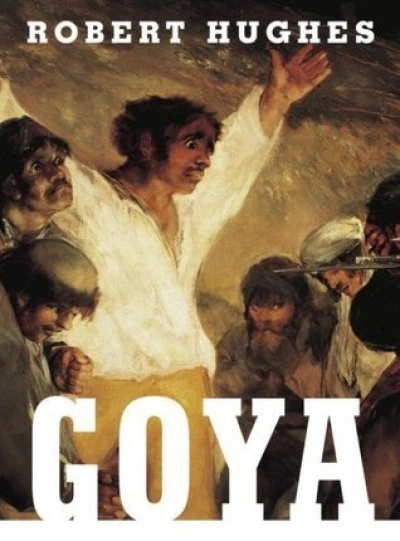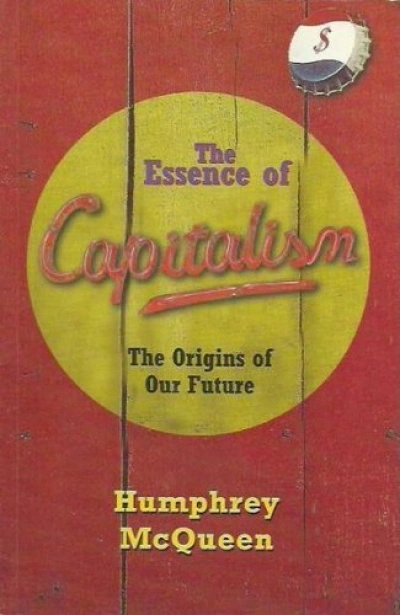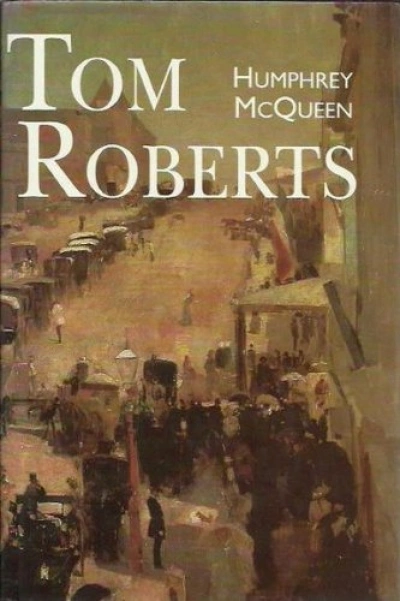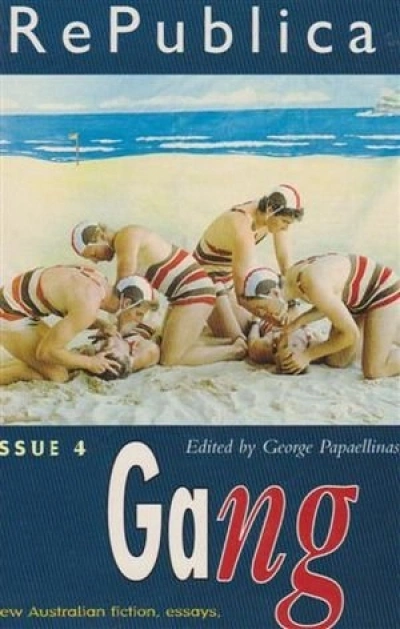Humphrey McQueen
Ten years ago, as I prepared to leave for three months in New York, an Australian friend resident in the USA sent a brochure about a new kind of portable typewriter which she said might be worth my buying. The machine could memorise a whole line of type which could be corrected by being viewed in sections through a panel capable of displaying sixteen letters or spaces. When I reached New York, she warned me off that model. An even better version would be available before I left town, one able to memorise an entire page.
... (read more)When the National Portrait Gallery (NPG) opened in Canberra last December, more thoughtfulness was evident in its bookshop than the hang. The volumes are arranged by subject and in alphabetical order: the images accord to no principle beyond décor. Here are five writers; there, four scientists. The randomness of the whole embodies a culture of distraction. The root of this muddle is an evasion of whether the Gallery is to be guided by aesthetics or museology. The want of clarity is compounded by concern among staff not to be identified with a history museum.
... (read more)The Ideas Market: An alternate take on Australia's intellectual life edited by David Carter
A New Britannia by Humphrey McQueen & Social Sketches of Australia by Humphrey McQueen
The Essence of Capitalism: The Origins of Our Future by Humphrey McQueen
Donald Horne: critics and negotiators
The general idea of ‘public intellectual life’ is more useful than the particular idea of’ the public intellectual’. ‘Public intellectual life’ is a public manifestation of what I called in The Public Culture ‘the critics’ culture’ of a liberal-democratic state. (It is made possible by the belief in a questioning approach to existence as a central force in society.) However only parts of this critical activity emerge into the public culture; it is these parts that might be thought of as its ‘public intellectual life’. They provide a kind of public acclimatisation society for new ideas. All kinds of people may play a part in working up these ideas down there in the subterranean passages of the critics’ culture and others may take over the business of negotiating them into the public sphere. Many of these ‘negotiators’ are paid public performers in the news and entertainment industries. However some of the ‘critics’ also have a capacity to barge in directly – but only if they have a desire to appeal to people’s imaginations, and the talent to do so. These are the ‘public intellectuals’. Some of them may be one-offs. Some become regulars. They become influential if they articulate ideas that are already in the minds of some of ‘the public’ anyway, if in a more diffuse state. They get nowhere if they don’t. Two of my books, The Lucky Country and Death of the Lucky Country, were prime examples of appealing to interests of which readers were already becoming aware.
... (read more)

